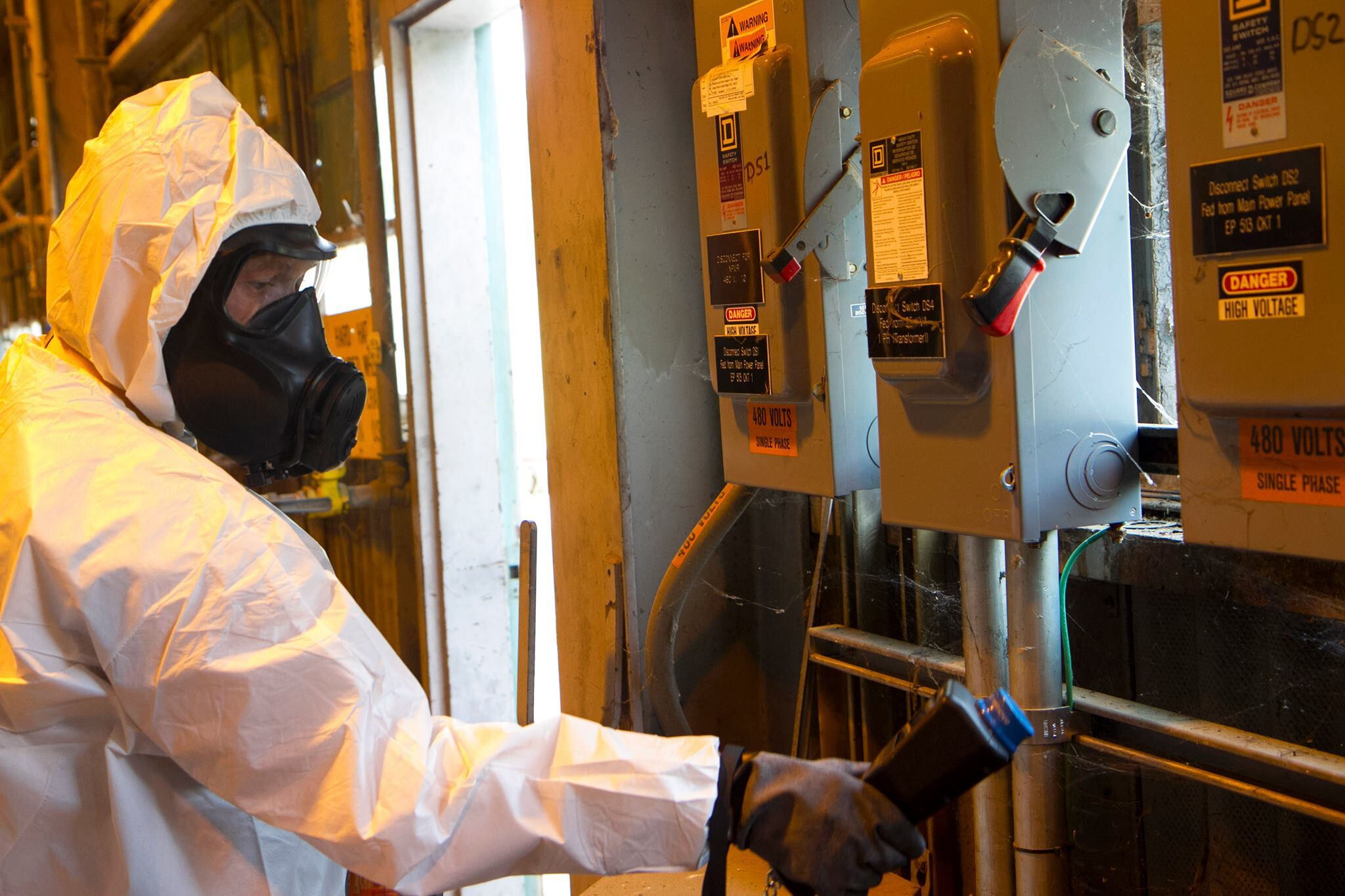COLUMBIA, S.C. — South Carolina can keep pressuring the U.S. government to remove weapons-grade plutonium from the state, but its lawsuit lacks teeth after a second adverse ruling by a federal judge.
U.S. District Judge Michelle Childs ruled Tuesday that the state can't claim the feds are violating the Constitution by failing to complete a project to process weapons-grade plutonium into nuclear reactor fuel.
Childs ruled last month that she can't force the federal government to pay $100 million in fines for its failure, either. The U.S. Court of Federal Claims is the proper forum for that dispute, the judge said.
Both sides are preparing to mediate the remaining aspects of the lawsuit, which challenges the U.S. Department of Energy's failure to keep its promise to dispose of 1 metric ton of plutonium each year.
The unfinished mixed-oxide fuel facility at the Savannah River Site, a sprawling former nuclear weapons plant along the South Carolina-Georgia border, is billions over budget, a situation Energy Department officials blame on design and construction mistakes and escalating supply costs.
The would-be plant is key to a nonproliferation agreement with Russia in which both countries committed to turning 34 metric tons of plutonium, enough to arm 17,000 warheads, into fuel.

A U.S. Army soldier from the 43rd Civil Support Team, S.C Army National Guard from West Columbia, S.C., tests for radiation levels in a building during a radiological training exercise at Savannah River Site in support of Ardent Sentry, May 20, 2013.
Photo Credit: Sgt. Erica Knight/Army National Guard
South Carolina, frustrated by delays and previous attempts under the Obama administration to shutter it completely, says the government owes it to the state to keep its word.
Since the United States lacks a designated long-term storage site for high-level radioactive waste, tons of unwanted plutonium have accumulated at the former nuclear weapons complex, including at least 7 tons of plutonium intended for the mixed-oxide fuel facility. The site also processes other nuclear waste into glass canisters, which have remained at Savannah River.
President Barack Obama's final executive budget allocated money to begin shutting the project down. The Trump administration and his Energy Secretary Rick Perry have yet to voice its opinion on its future.
Russia's position is also uncertain. Citing the "emerging threat to strategic stability as a result of U.S. unfriendly actions," President Vladimir Putin suspended Russia's end of the nonproliferation agreement, saying it could be restored if the U.S. pulls back forces deployed near Russia's borders and revokes sanctions.





